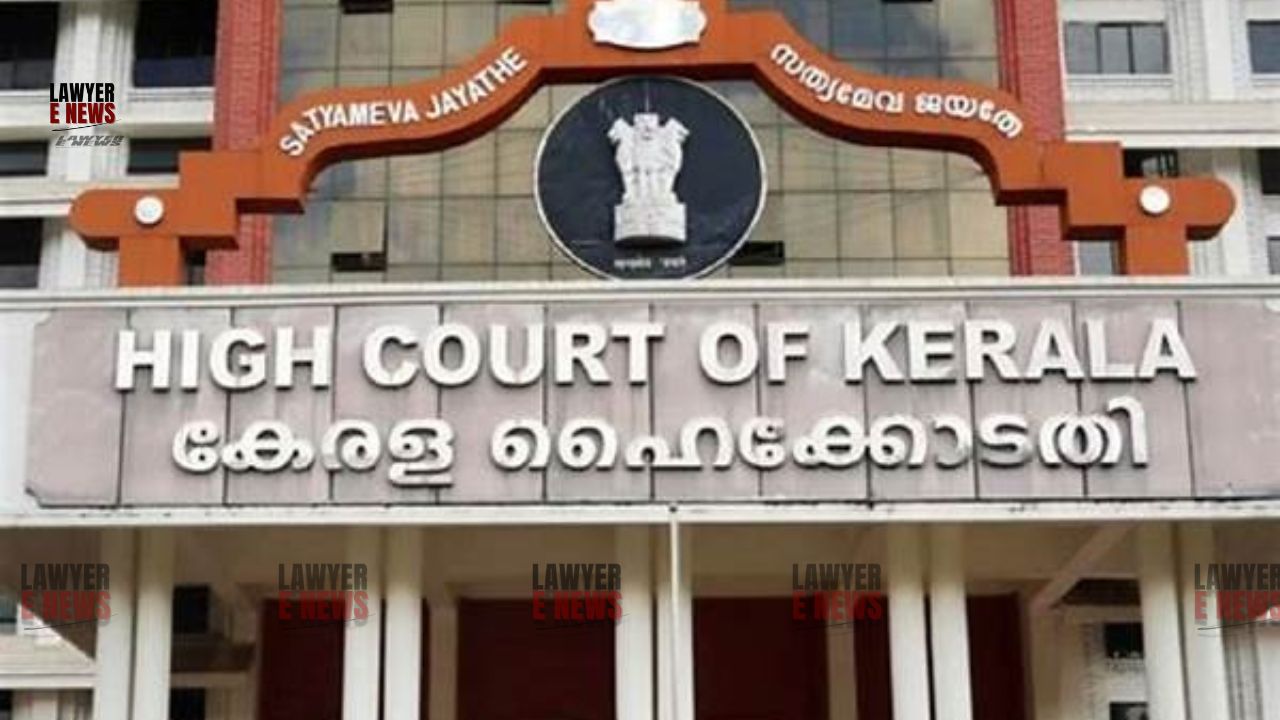-
by Admin
15 February 2026 5:35 AM



High Court of Kerala quashed the FIR filed against Dr. P.K. Baby, a professor and Director of the Youth Welfare Board at CUSAT, for allegedly assaulting a female student during a youth festival. The court ruled that the complaint, filed months after the incident, lacked bona fides and did not establish any intent to outrage the modesty of the complainant.
The alleged incident took place on March 1, 2024, during the annual University Youth Festival at the Cochin University of Science and Technology (CUSAT). The complainant, a student and stage convenor, accused Dr. Baby of touching her inappropriately when she attempted to retrieve an oil lamp after the event ended. According to her, Dr. Baby forcibly grabbed her left breast despite her resistance.
However, the complaint was lodged with the university authorities on June 28, 2024, and the FIR was registered more than four months after the incident. Dr. Baby argued that the delay in filing the complaint was an afterthought and pointed out inconsistencies in the allegations.
Justice A. Badharudeen highlighted several crucial points in the judgment:
The court noted that the complainant took 127 days to report the incident, which raised doubts about the veracity of the allegations. The delay, coupled with the political backdrop surrounding the strict enforcement of university rules during the festival, suggested that the FIR may have been filed out of animosity toward the petitioner.
The court emphasized that to establish an offense under Section 354 IPC (assault with intent to outrage modesty), the prosecution must prove the accused intended to outrage the complainant’s modesty. In this case, the physical contact occurred as part of the petitioner’s attempt to enforce university guidelines, and there was no prima facie evidence of sexual intent.
Dr. Baby was acting under university instructions to ensure compliance with festival regulations, which mandated that all events conclude by 9:00 p.m. The court found that the alleged physical contact occurred during a confrontation when the complainant attempted to re-enter the auditorium after the scheduled time, and it could not be construed as sexual harassment under Section 354A IPC.
The court quashed the FIR, ruling that the complaint lacked credibility and failed to establish any criminal offense. However, it warned Dr. Baby against taking retaliatory actions that could hinder the complainant’s studies, ensuring that she could continue her education without interference.
Date of Decision: October 10, 2024
Dr. P.K. Baby vs. The State of Kerala
